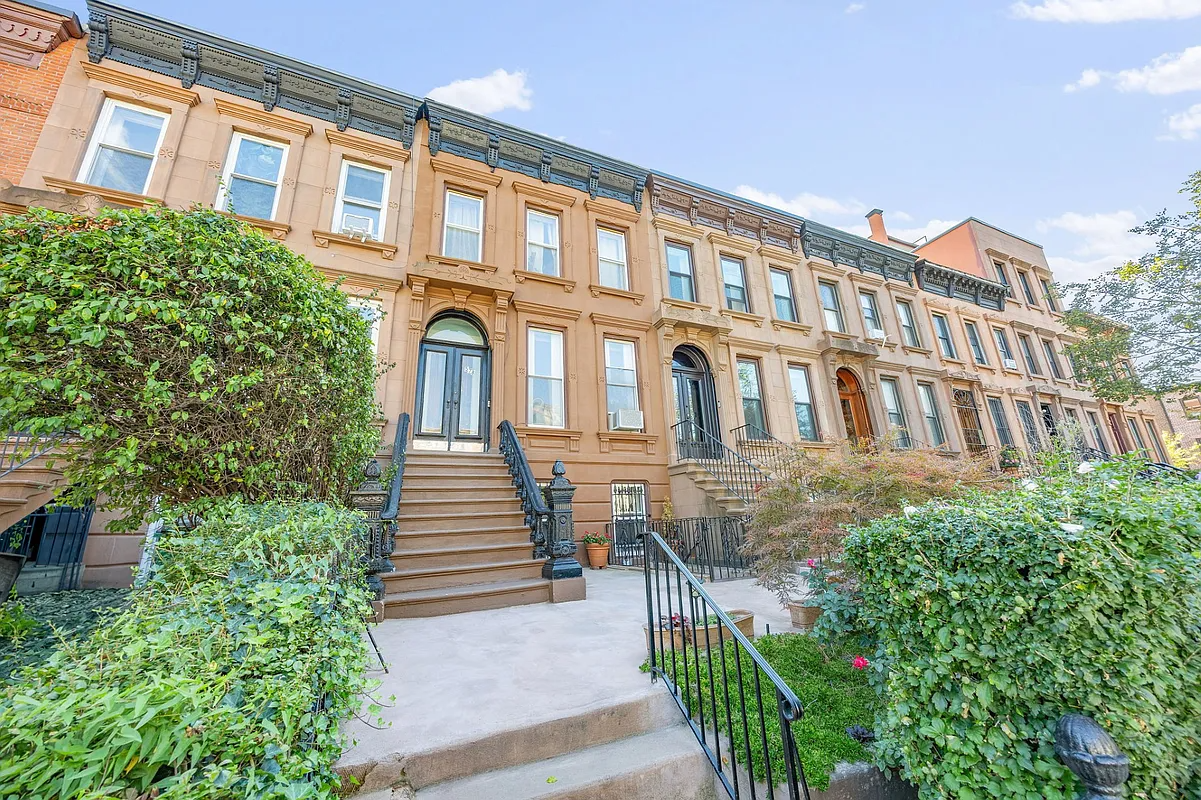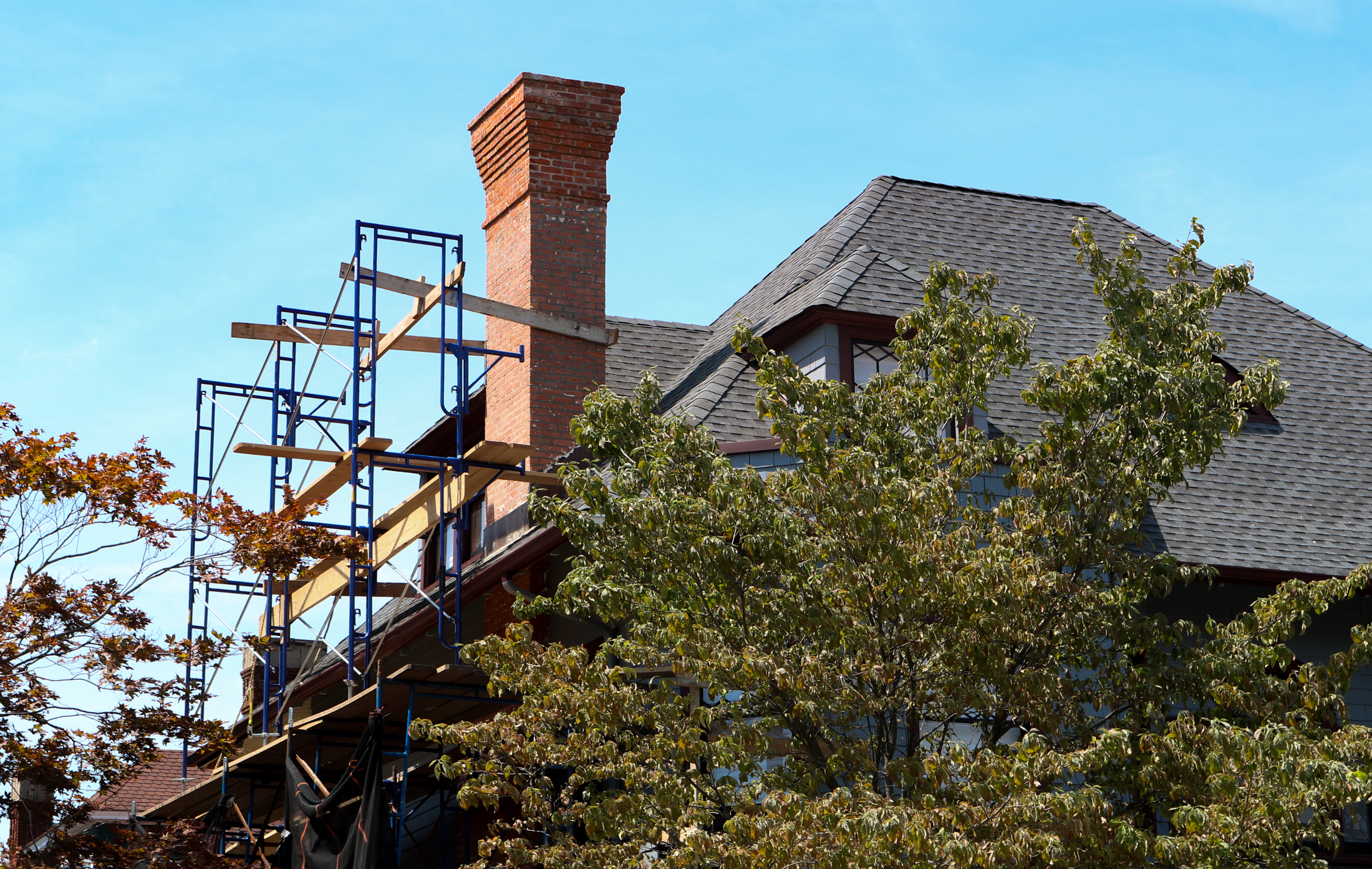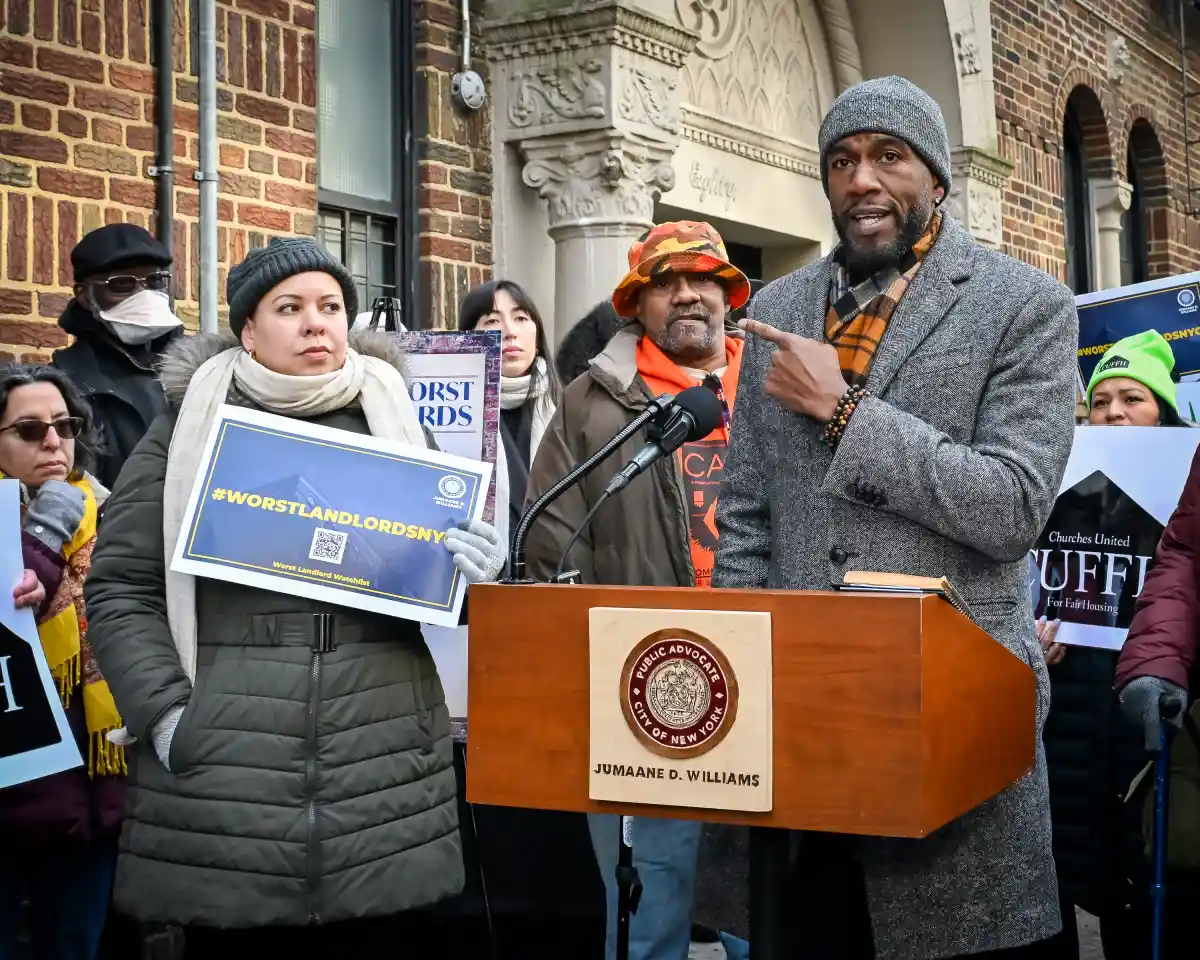Better to Buy or Rent?
The Times took a look this weekend at the math underlying the rent-versus-buy decision. One conclusion of the study was that is was about twice as expensive to buy right now in New York than rent on a purely monthly after-tax cash flow basis. The conclusion seems to be that buying right now only makes…


The Times took a look this weekend at the math underlying the rent-versus-buy decision. One conclusion of the study was that is was about twice as expensive to buy right now in New York than rent on a purely monthly after-tax cash flow basis. The conclusion seems to be that buying right now only makes sense if you believe prices will continue to rise:
For new home buyers, prices in New York would need to rise roughly another 13 percent over the next five years for the average buyer to do better than the average renter over that span. In Northern California, where the gap between house prices and rents is largest, home values would need to go up about 19 percent by 2010. Over the next decade, the break-even increase is about 25 percent in New York and 40 percent in California.
The article also points out that it’s impossible to account for the psychic benefit someone may derive from owning. True, but the psychic toll of losing equity also isn’t being accounted for!
Is It Better to Buy or Rent? [NY Times]





what if you own a townhouse with a rental property? what if you buy in a cheap neighborhood?
iac, does that argument apply to the person who expects to buy and hold? If you wait five years to buy and prices stay flat, I see that you clearly save money during those five years. But if you wait 5 years to buy, is there an offsetting expense, in that it takes you five years longer to get to the point where you have no mortgage and thus no mortgage payment?
Or is there an unspoken assumption that no one really pays off mortgages anymore? Or am I missing something?
Again, not being argumentative, just dumb.
Anon at 9:46, I think it’s a matter of what you’re paying and how you’re paying. I may be renting and “throwing” money away, but if I took an IO loan to pay for my house, I’d essentially be renting it from the bank anyway and unless I stayed in it past the interest only mark, what equity would I build? If I bought in a cheaper area and had a regular mortgage only slightly higher than my rent, you’re right – it’s better to own.
I think it totally depends on where each person is in their life.
To anon at 9:40 am. The reason it can make sense to throw money at rent is because usually when you own you throw money at interest and they are calculating that number minus any tax benefits. I.e. instead of paying the wealthy landlords your paying a bank interest..not equity. that’s the comparison which I think is a valid one.
The article says that housing prices need to increase 13% over the next five years in order for the homebuyer to ‘break even’. If someone thinks local housing prices will increase more than 13% over the next 5 years, then they should buy now; even at currently lofty prices. However, if they think prices will be stable to lower over the next 5 years, then renting is the way to go.
Call me dumb but I don’t really get it… How could it ever make sense to throw your money out the window and never own anything? In the last 3 years before we bought we gave to our already wealthy landlords over 100K. We could have taken this 100K and put it towards paying off a mortgage for something that we can call ours and potentially sell at a later point.
i couldn’t help but wonder while reading this article: could the people quoted as “deciding” to rent afford to buy in their preferred areas? plus, they seemed to overlook the option of buying in a more affordable area. i moved from the east village to lefferts gardens – my maintenance and mortgage combined are about $50 less than what my rent was in manhattan, and that’s pre-deductions (and i’ve got about 600sqft more living space).
just a thought/opinion: living in a space that you own is generally always a better idea than renting – what seems to vary highly is how much of a priority consumers are willing to place on it. such as, living near to your favorite bars/restaurants vs. learning to love the MTA and buying in an area you can afford more readily.
Definitely cheaper to mooch off of family or find a wealthy bedmate.
Without taking a side, here’s a dumb question I hope someone can answer:
The article calculates whether a person is better off owning or renting over five years. But what does that person plan to do *after* the five years? Die? Camp out under the stars? Even if he moves, he still needs to live somewhere, whether renting or buying. So isn’t the more important question which decision is best over the very long term?
Perhaps the answer is that this calculation is for the person who knows that he will be in a place for about five years and then need to move. But I don’t think I’ve ever met that person outside a financial article. In my experience, people are terrible at predicting their own mid-term futures like that. Things come up and they move. Or they unexpectedly grow roots, settle down, and stay and stay and stay…
I guess the lesson I took from this article is that it makes very good financial sense to know exactly where you will be in five years. But I’ve personally never been in that situation in my life.